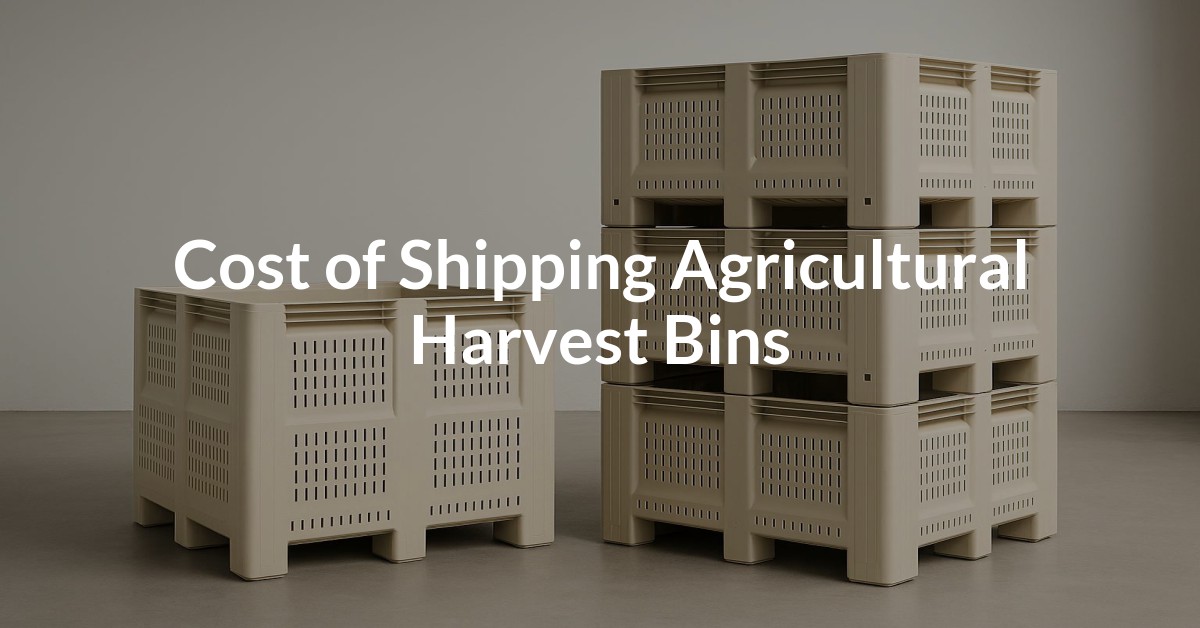Steel drums, whether new or reconditioned, are essential containers in various industries, from chemical manufacturing to food processing. Transporting these drums requires meticulous planning and adherence to safety protocols to ensure they arrive at their destination without incident. In this article, we will explore the best practices for shipping steel drums, focusing on the services provided by Freight Sidekick.
Understanding Steel Drums: Types and Uses
Steel drums are commonly used due to their durability and capability to safely contain solids, liquids, and semi-solids. They are available in various sizes, typically from 30 gallons to 55 gallons. New steel drums offer maximum resilience, while reconditioned steel drums are eco-friendly options that have been cleaned and reused for different purposes.
Selecting the Right Freight Service
Freight Sidekick offers a range of freight services depending on the quantity and size of your shipment. Below are some options:
- Full Truckload (FTL): Ideal for large shipments of steel drums, ensuring that the entire truck is dedicated to your cargo, reducing handling and transit time.
- Less Than Truckload (LTL): Perfect for shipments not requiring a full truck. This service is cost-effective for smaller consignments up to 15,000 lbs, including palletized steel drums.
- Partial/Shared Truckload: Suitable for shipments between 12-36 feet and up to 30,000 lbs, providing flexibility and cost-savings by sharing space with other shipments.
- Smaller Equipment: For immediate, smaller consignments, options such as box trucks and cargo vans are available.
Packaging and Crating Best Practices
Proper packaging is crucial for the safe transport of steel drums. Follow these steps to ensure secure packaging:
- Secure the Lid: Ensure that all steel drum lids are tightly secured to prevent leaks or spills.
- Use Pallets: Place steel drums on sturdy pallets to facilitate easy loading and unloading with forklifts.
- Consider Crating: For additional protection, especially for international shipments, crating drums can mitigate risk from physical impact.
- Label Appropriately: Clearly mark the drums with handling instructions and hazard warnings, if necessary.
- Wrap with Protective Material: To prevent scratches and damage, wrap steel drums with protective materials such as shrink wrap or foam padding.
Importance of the Bill of Lading (BOL)
A Bill of Lading (BOL) is an essential legal document in the freight shipping process. It serves as a receipt for goods, proof of contract between the shipper and carrier, and a title document. Accurate BOLs prevent disputes and delays, ensuring the safe arrival of your shipment. You can create a compliant document using our Bill of Lading Generator.
Cost-Saving Strategies
Shipping steel drums can be optimized with strategic cost-saving measures, such as:
- Consolidating Shipments: Combine smaller orders to reduce the frequency of shipments and take advantage of volume discounts.
- Flexible Scheduling: Consider off-peak times for reduced rates.
- Optimizing Packaging: Efficient packaging reduces overall dimensions and weight, leading to cost savings.
Get Personalized Assistance for Shipping New & Reconditioned Steel Drums
Need expert guidance on shipping your steel drums? Get a quote today, call us at 877-345-3838 or email support@freightsidekick.com.











